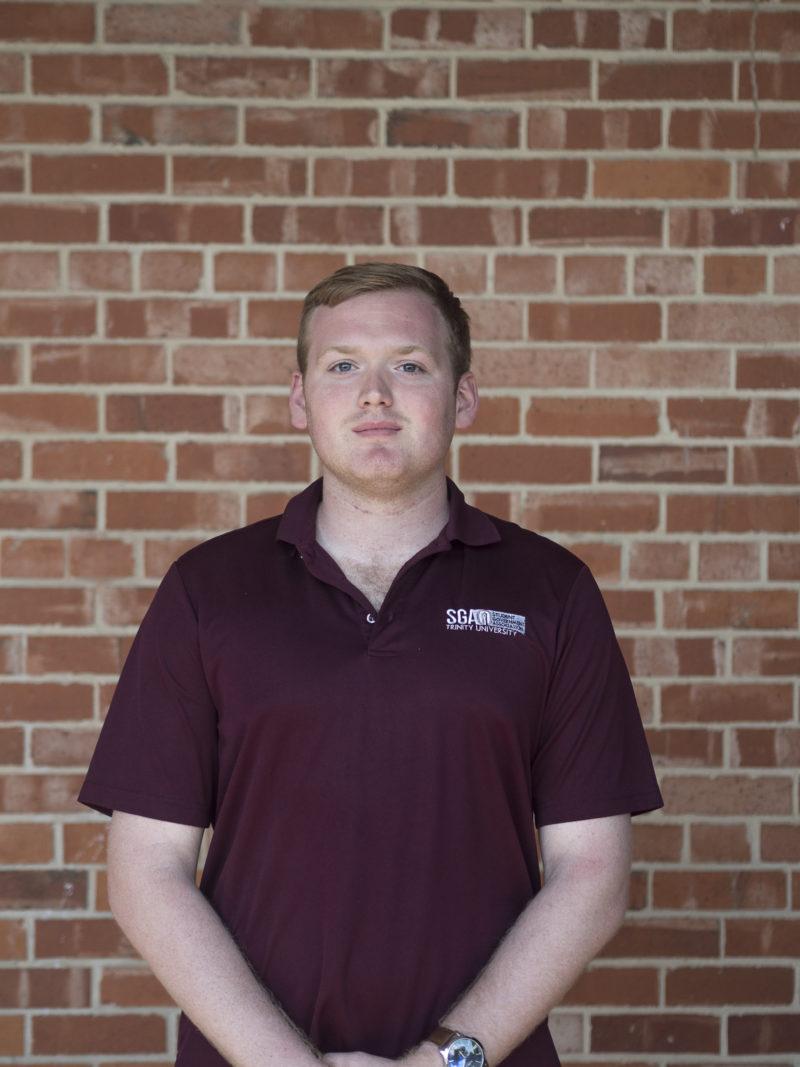This past Friday, I attended a Senate Bill 4 teach-in that was put on by the philosophy department and a number of far-left organizations that have operations in San Antonio. I am not going to lie; I came in with strong opinions. I believe in legal immigration, that a nation should be able to control its borders, decide who gets to come into the country and that people who break the law should be punished as prescribed by the law.
The teach-in itself was quite simple: different people from different organizations went up and lectured on certain issues. The issues ranged from Senate Bill 4, to refusing fingerprinting in an attempt to protect illegal immigrants, to an international student complaining that foreign students don’t have access to federal money. Overall, I would describe the performance of the speakers to be disappointing. They were all giving canned speeches that they had probably given tens of times by now. However, in spite of giving these canned speeches, they appeared very skittish for being in a room that was probably 90 percent on their side. The speakers never bothered to discuss why illegal immigrants should not be punished for breaking the law. They simply assumed that you agreed with their notion that they should not be punished. This left me disappointed because I was looking forward to hearing the other side’s arguments on this contentious issue. In all honesty, I shouldn’t have expected them to explain the basis of their argument. If you are going to a teach-in on something of this nature, led by groups of the same nature, it is fair for them to assume that you already know the basis of their argument
Senate Bill 4, also known as SB4, passed into law by the Texas government with a focus on banning sanctuary cities. A February article in the New York Times describes a sanctuary city as “a term that has been used to generally describe places that limit how local law enforcement can cooperate with federal immigration agents.”
Sanctuary cities have always been a thorn in the side of people who want only legal immigration. Sanctuary cities themselves are a sticky legal situation where the concept of federalism interacts with federal, state and local governments along with court cases. Sanctuary cities have never been a salient issue until the recent murder of Kate Steinle, a woman from San Francisco who was killed by an illegal immigrant who, according to Fox News, had been deported five times and had seven felony convictions. Her murder helped jumpstart President Trump’s primary campaign. The murder brought to light how American citizens have been killed by illegal immigrants who had been deported numerous times and have been convicted of a number of felonies, but were still walking free in the streets.
According to the Texas Tribune, SB4 attempts to address the issue of sanctuary cities “by requiring local police to cooperate with federal immigration authorities and allowing police to inquire about the immigration status of people they lawfully detain.” Previously, police officers were not required to to ask about the immigration status of anyone lawfully in their custody. However, it is now legal for them to do so. Local police and governments will also no longer be allowed to refuse to cooperate with federal immigration authorities as those in sanctuary cities have in the past. Opponents to the law claim that this law will lead to racial profiling.
As of right now, SB4 is currently tied up in the court system. The law was supposed to go into effect on Sept. 1, along with a slew of other laws, but a US judge placed a temporary hold on SB4. Governor Greg Abbott has threatened to appeal this decision. This is bad news for the people who want the law to be struck down, as the law will likely go to the First Circuit Court of Appeals which is among the most conservative in the nation. There, the law will likely be restored and allowed to go into law.
Overall, I found the teach-in to be underwhelming and lacking in information. I did not feel that the speakers were completely informed on the issues. This showed in their lack of composure and that they struggled to answer softball questions. I found this disappointing, because while I came with strong opinions, I did attend with open ears to hear the other side of the issue. I wish that they would have taken the time to lay out the reasoning behind the beliefs they held. The future will be interesting as the court system will likely have the final say in the United States’ changing immigration laws.






